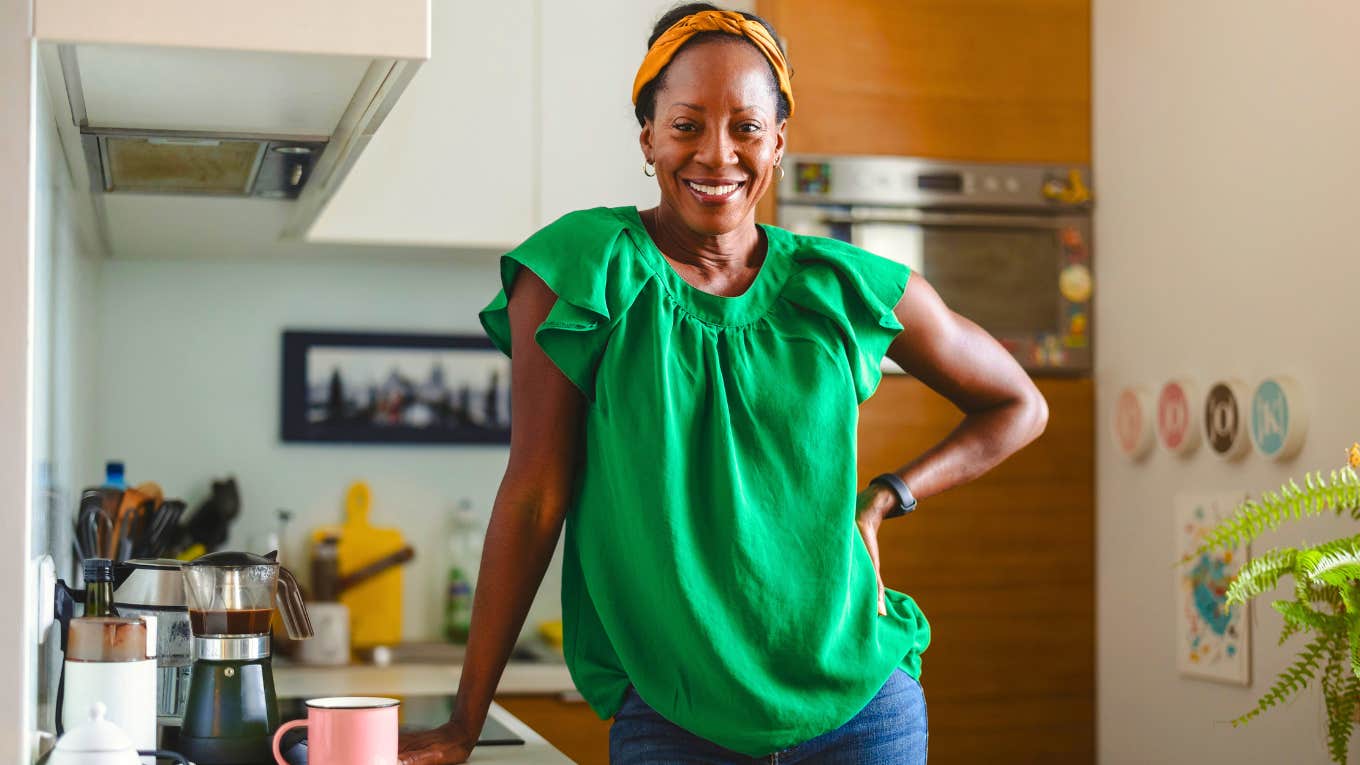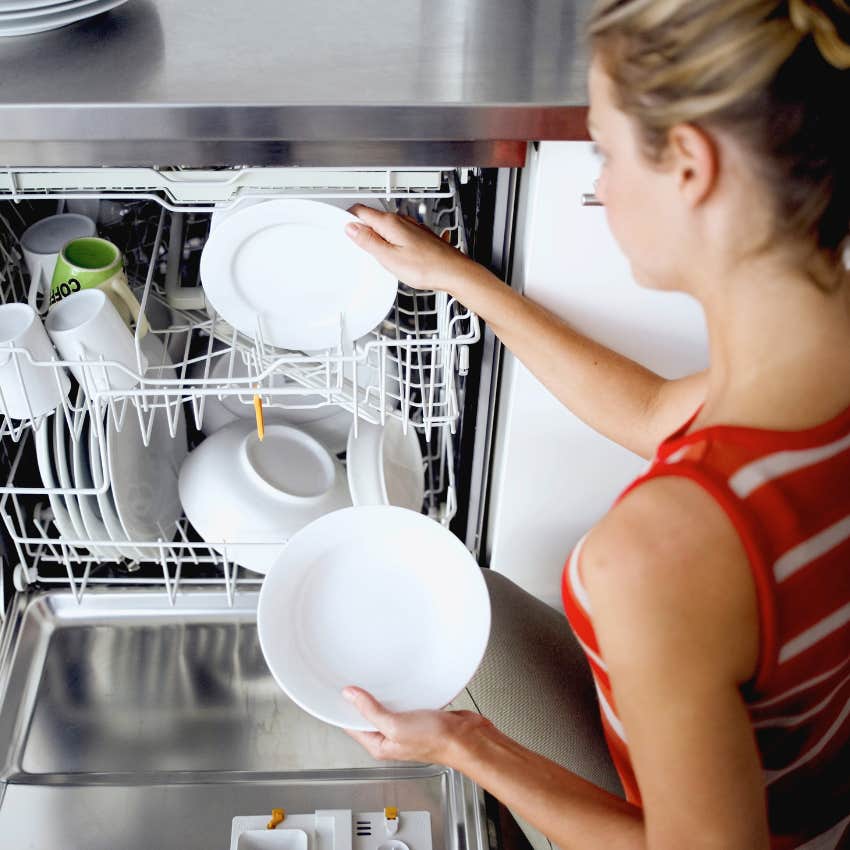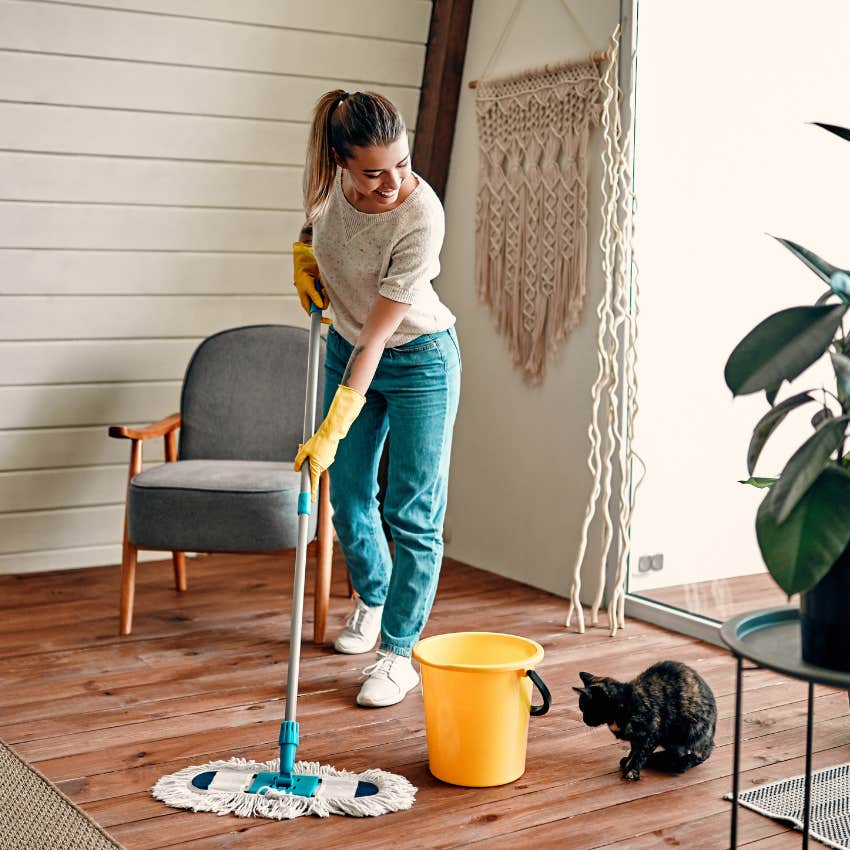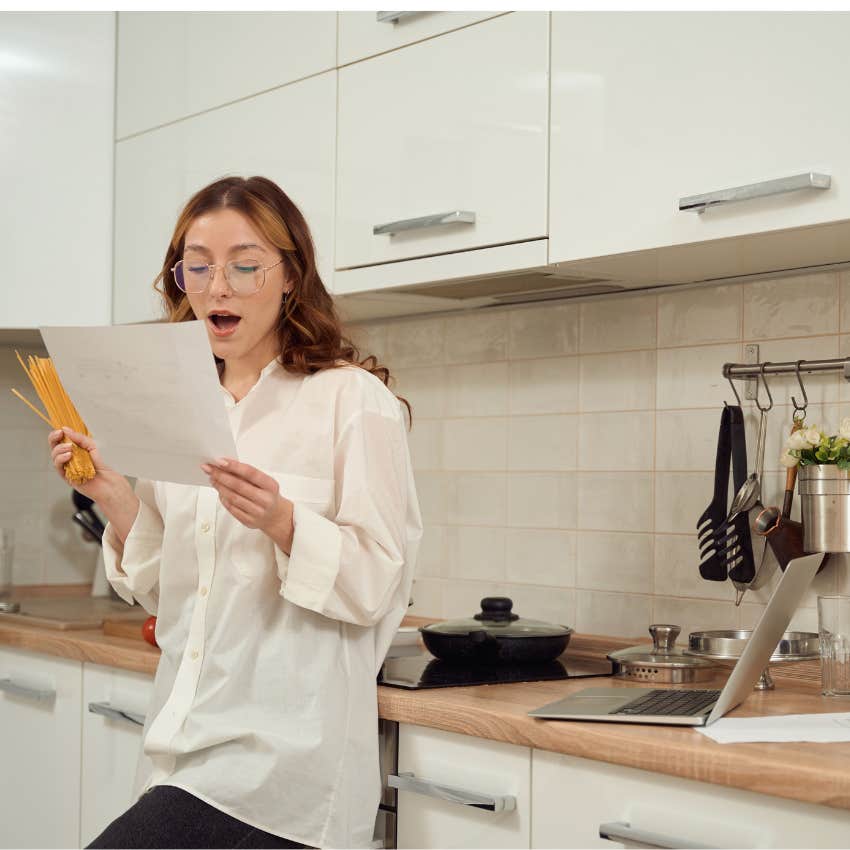People Who Know The True Value Of Money Usually Have These 11 Things In Their Home
If you have these items in your home, you not only make money, you keep it.
 pikselstock | Shutterstock
pikselstock | Shutterstock When it comes to creating and maintaining wealth and understanding the value of money, there are many schools of thought. Those who are spiritual believe that items like Laughing Buddhas, jade plants, crystal lotuses, Chinese coins, lucky bamboo, and gold accents within your home are the keys to attracting the windfall you have been waiting for.
Then there is the more practical and tangible perspective, focused on items that either last a long time or help to avoid unnecessary expenses, thereby allowing you to hold onto the money you already have. Knowing the value of money is more than making as much as possible, it's also about treasuring the things that hold value over time and the items that decrease the probability of needing to spend more money. People who understand this are sure to keep some specifically important things in their homes.
1. Furniture that is kept in good condition
Not only is well-preserved furniture aesthetically pleasing, comfortable, and more hygienic, but its extended lifespan and durability can add up to massive cost savings over time, making it much more valuable than furniture that deteriorates quickly without intervention. The return on your initial investment compounds because you don't need to replace your furniture as often and the look of your home is enhanced.
According to Jennifer Furniture, regular maintenance of your furniture can extend its lifespan by years while maintaining its original beauty. With new furniture costing upwards of thousands of dollars, those are expenditures you can avoid making.
2. Well-maintained appliances
 George Doyle from Photo Images via Canva
George Doyle from Photo Images via Canva
Homeguide lists the average cost of appliances like refrigerators, stoves, microwaves, and dishwashers at between $2100 to $5400. That doesn't even include a washer and dryer and some of the fancier accoutrements like coffee makers, mixers, and carpet cleaners.
While affordability is important, maintenance is vital for keeping them up and running and keeping your hard-earned dollars in your pocket. How often you should maintain each appliance varies depending on how often it is used and the type of appliance. For instance, you might clean your washer and dryer every few months, but get your HVAC system maintained annually. No matter how you slice it, it's much cheaper to take care of what you already have than it is to get a new one.
3. Collectible Items
Determining what is a collectible versus what is just a fun hobby varies depending on who you ask. Some items depreciate in value but a person might simply enjoy having them, while others appreciate in value, earning them the distinct title of a collectible. Some examples are rare coins, sports memorabilia, fine art, rare books, and vintage cars. These items tend to be hard to find, and therefore increase in both demand and in value.
People who know the true value of money understand that you can't just collect these things, you must take care of them, and that means different things for different items. A vintage car might be kept in a special garage, covered to keep dust away and to make sure it stays in mint condition. Rare coins might be stored in an album under plastic while fine art might be displayed in a room with a regular caretaking schedule.
4. Family heirlooms
Some family heirlooms are treasured for their high value, while others are kept for sentimental reasons even though they'e not of any monetary significance. They can include some of the collectibles mentioned above or can be specific to your family's history and what they find to be of value to them.
Other items that become worth more as they age and might be passed down from generation to generation might be hard to find vinyl records, jewelry such as necklaces, watches, and rings, clothing like wedding dresses to repurposed and worn again and again. Keeping these items in great condition is vital to maintaining their value for many years to come.
5. A cleaning schedule
 Valerii Apetroaiei from Getty Images via Canva
Valerii Apetroaiei from Getty Images via Canva
There is nothing worse than allowing your beautiful home to deteriorate due to lack of upkeep. According to a survey conducted by Mortgage Point, a dirty, cluttered home can drop the property value by as much as 10% and even impact the surrounding properties. Additionally, 42% of those surveyed admitted that is was hard to see past the mess inside the home to appreciate the value of the home itself.
Much can also be said about how clutter inside your home can seemingly make you unproductive and unmotivated, limiting your ability to do the things that build wealth and abundance. Value your investment and create a cleaning schedule that keeps your home clean and pristine even it you plan on keeping it.
6. A safe or lockbox
I've heard of people losing important and valuable documents and items way too many times to count. Those unintended losses were not just emotional but also financial, including things like car titles, property records and deeds, vital statistics documents, wills, guns, and other irreplaceable items.
A simple solution to this problem is to keep a safe in your home with limited access. Put any important files, documents and items that you do not want to lose and that hold value to you there to protect from loss or damage. A fire- and water-proof safe is vital to ensuring you don't take any unnecessary financial hits due to your own negligence.
7. A complete tool-set
Every adult who has a home should know how to do some basic repairs. With the rise of YouTube University, more and more creators share how-to and DIY videos that show you how to do tasks on your own. Whether you need to do something as simple as replacing a battery in your smoke detector or as complex as installing a lighting fixture, it's all there for you to learn.
Of course, you will need the appropriate tools, so a great investment that will help you maintain your home's value and take care of the things in it is a tool set from the local hardware store. It should have basics like hammer, screwdriver, wrench, etc. in it so that when things break, you have everything you need to fix them.
8. A deep freezer
The average American spends about $166 per person per month on eating out. Compound that by the number of family members in your home and the cost of dining out skyrockets. With the recent changes in the price of food, that number is sure to increase even more. Cooking at home is a great way to save time and money and show that you truly value yours.
With a large family, there may not be enough storage space in the freezer, creating a need to make frequent trips to the grocery store. This will cost you gas and maintenance on your vehicle. Buy a deep freezer and stock up on meats and other frozen items that will last for much longer.
9. A recipe book
 yacobchuk from Getty Images via Canva
yacobchuk from Getty Images via Canva
If you are going to start cooking at home cold turkey, you will need a recipe book. Most of the time people continuously go out to eat because they don't know how to cook or don't know what to cook. Coming up with a recipe and executing it seems like a daunting task. A book full of delicious recipes can be just what you need to get started and show that you really know value of your money.
Whether you are vegan, vegetarian, gluten free, keto, or adhering to any other way of eating, you can find a recipe book at your local bookstore that matches your diet. If you can't get there, check out one of the recipe sites like Allrecipes.com to find mouth-watering meals that will save money and keep your family satisfied.
10. Solar panels
Electricity can cost an arm and a leg, but solar panels in your home can reduce those costs. According to Nerd Wallet, the cost of installing them is just above $20,000, and it can take as little as 3.7 years to recoup what you've spent via tax incentives and saving on your power bill. Costs of solar panels continue to go down, making them available to more homeowners.
An added benefit of solar panels is the ability to maintain power during outages. When there is a power outage, there might be a need to replace food or go stay at a hotel until it is restored. Having solar panels can eliminate the need for a generator and preserve the vital things you need in your home.
11. Well-cared for plants
Plants might seem like they are simply a beautiful addition to your home, but they have added benefits that show they help hold on to your money and might even reduce overall costs. Plants improve your overall well-being, and potentially keep you in better health. thereby reducing your medical expenses.
The benefits of having indoor include improved air quality and more oxygen, which can contribute to reduced stress and an increase in overall well-being, better cognitive function, peace, tranquility, and healing. With people spending more on mental health and related medical conditions, plants are a welcome addition to your healthy living journey.
NyRee Ausler is a writer from Seattle, Washington, and the author of seven books. She focuses on lifestyle and human interest stories that delivers informative and actionable guidance on interpersonal relationships, enlightenment, and self-discovery.

